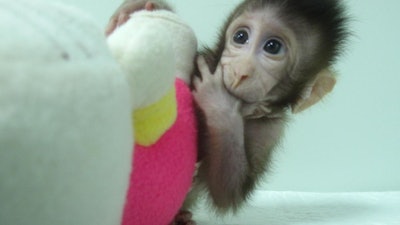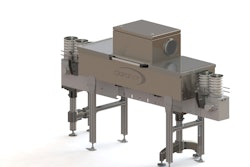
A recent Motherboard article from Vice noted a groundbreaking development in the field of cloning. A team of researchers at the Chinese Academy of Sciences employed somatic cell nuclear transfer (SCNT) to clone two genetically identical long-tailed macaques. Though they’re not the first cloned primates, they are the first primates to be cloned with the same process used with Dolly 20 years ago.
Historically, primates have been resistant to SCNT because of the way their egg cells are structured. Although the process can be applied to humans, the team behind it has no intention of doing so due to ethical controversy. Rather, they aim to use the development to study human diseases while reducing the burden of testing on animal subjects.






















